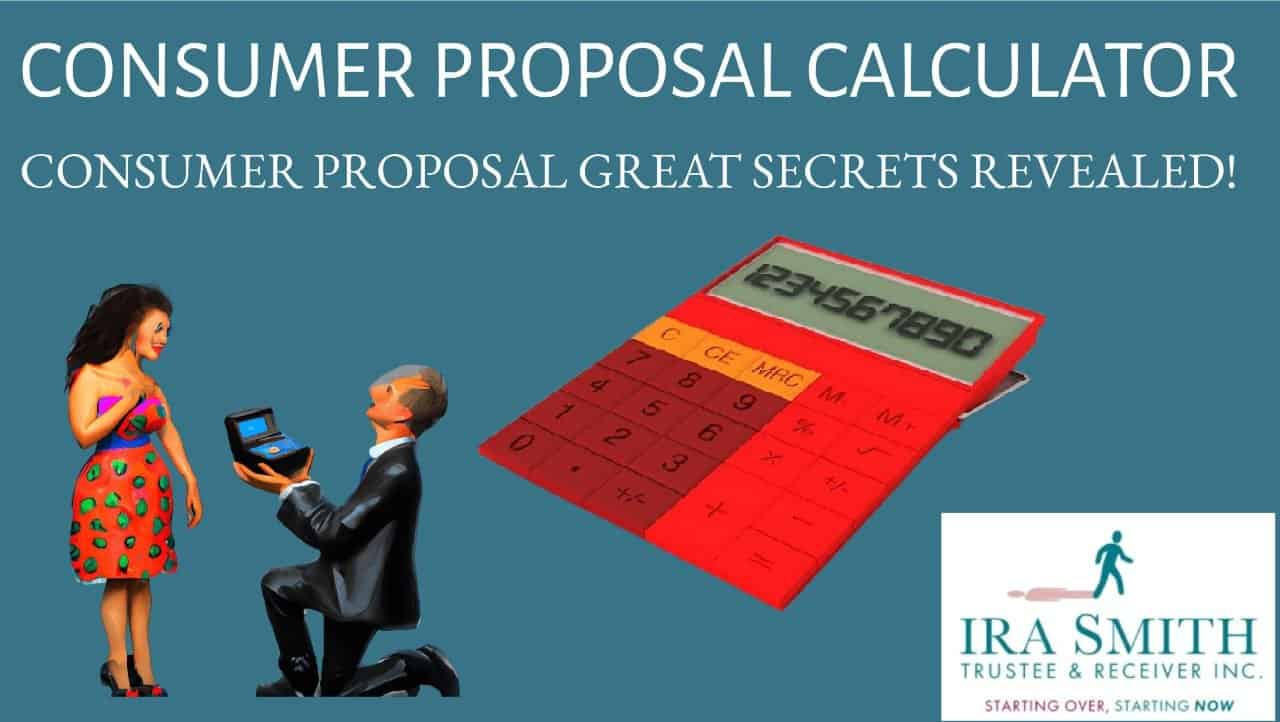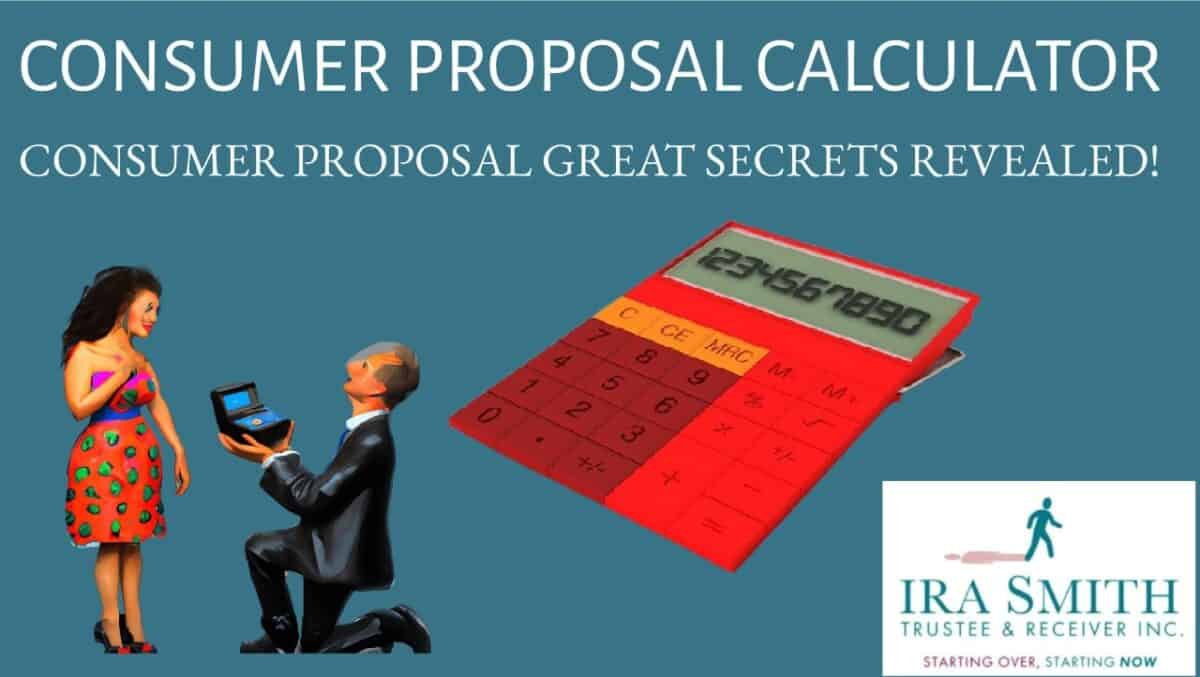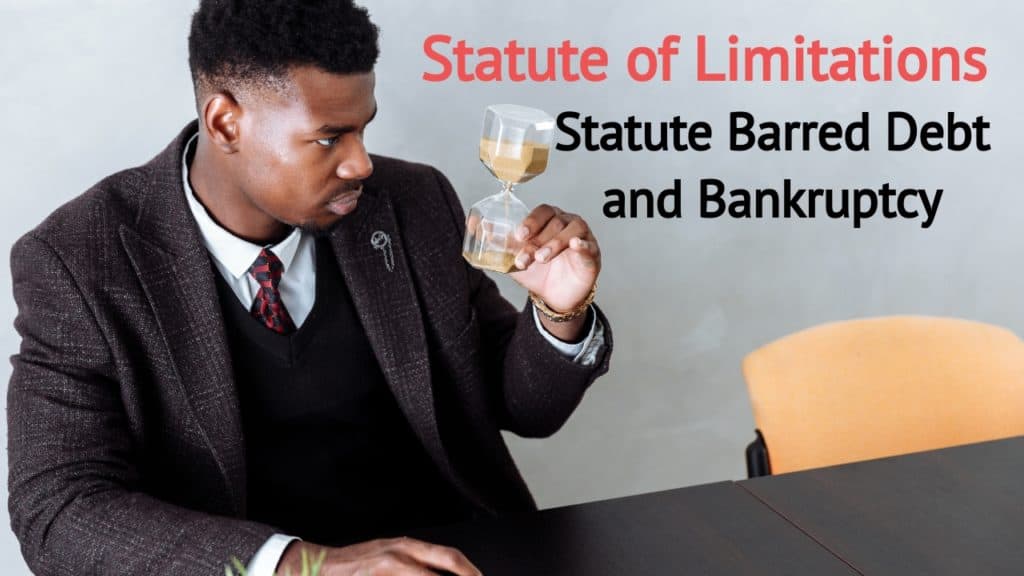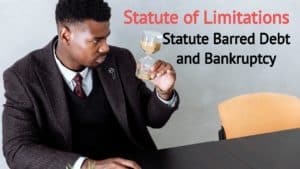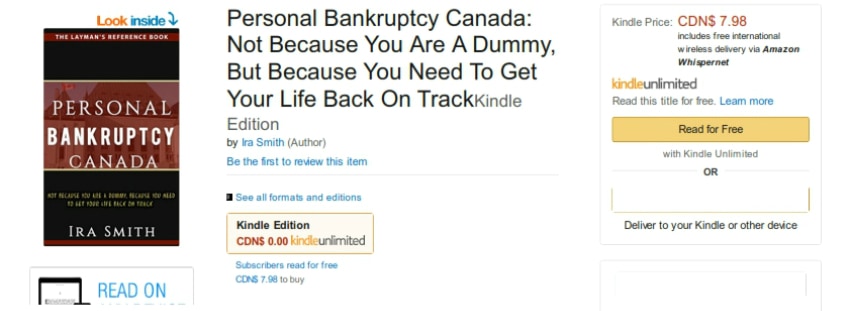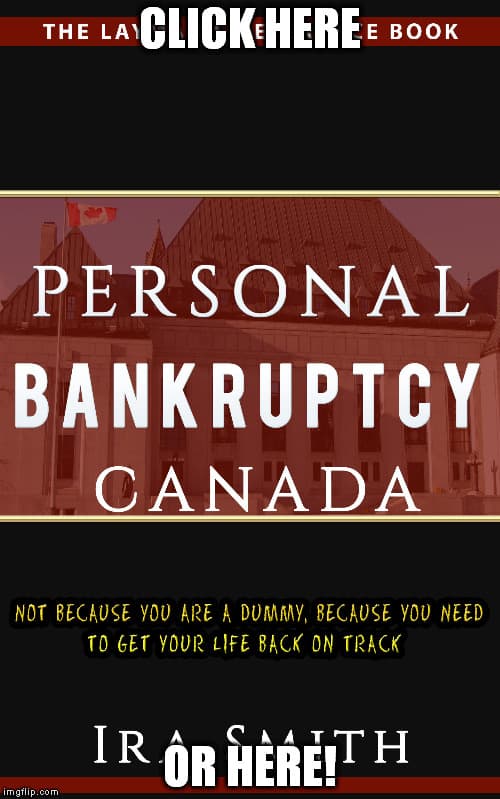Consumer proposal calculator: When should you think about a consumer proposal?
Debt can be a heavy burden, and it seems like there’s no end in sight. If you’re having a hard time making ends meet and debt is taking over your life, you may be asking yourself if a consumer proposal is right for you.
If you’re finding it impossible to pay off your financial debt, a consumer proposal could be a perfect choice for you. As soon as approved by your creditors and also authorized by the court, a consumer proposal is an enforceable deal between you and your creditors. You only need to pay off a part of your financial debt and in return, they write off the balance. This is an excellent method to pay off your debt as well as get your life back on course.
There are 2 main points to keep in mind when thinking of a consumer proposal. First, just an insolvency trustee (Trustee) can carry out a consumer proposal. They will first evaluate your situation and determine if this is the very best choice for you.
Secondly, you need to be able to make the promised payments to the Trustee. If you cannot, then a consumer proposal may not be right for you. There are also several non-insolvency debt relief options for people when looking at their unsecured debt and I describe them below.
Knowing how much you may need to pay in a consumer proposal in order to extinguish all of your unsecured debt is an important part of the decision-making. That is why I created this consumer proposal calculator located down below in this Brandon’s Blog.
Consumer proposal calculator: Option 1 – Pay off your debt on your own
If you have adequate savings and are in a financial situation to pay your financial obligations in a timely manner, excellent. Yet that is not every person’s circumstance. It’s not unusual for individuals to find themselves in a state where they have financial obligations coming due for payment, but, they do not have the cash. If you’re in this situation, you might be unsure about exactly how you can repay the money you owe but do not have.
There are a couple of things you ought to remember if you’re seeking to pay off the financial debt by yourself. First, you need to ensure you have a clear plan for exactly how you’re likely to pay off the money. This means establishing a budget plan and staying with it.
Second, you ought to keep communication open with the individual or company you owe the money. By doing this, they’ll understand what you’re doing to pay back the debt and can provide support if needed.
Finally, it is very important to be patient. Settling a financial debt can take time, however as long as you’re sticking to your strategy and seeing progress, you’ll ultimately get there to financial freedom.
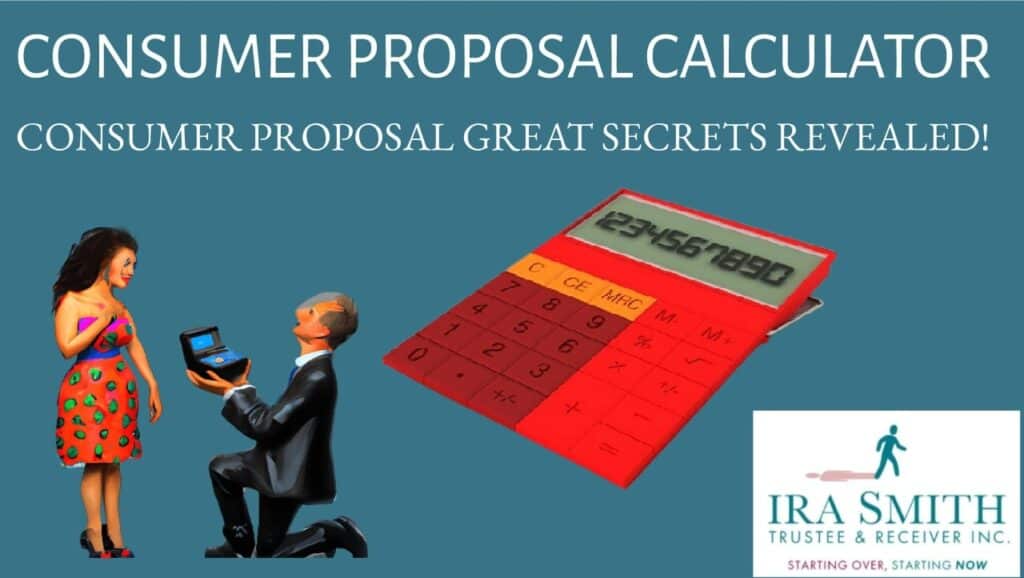
Consumer proposal calculator: Option 2 – Debt consolidation
Combining your financial obligations, such as the total debt on all your credit cards, into one new debt consolidation loan can aid you to become debt-free faster and get your funds back on the right track. It can help you to repay your financial debts a lot faster and also right-size your finances. Before consolidating your financial debts and making debt consolidation payments, there are a couple of things you need to understand:
- Prior to you trying to settle your financial debts through debt consolidation, it’s important to recognize just how debt consolidation loan payments work as well as what type of impact it can have on your credit rating.
- See to it that you recognize what you’re getting into. Consolidating your financial debts through new loan funding to settle your existing financial obligations, ensure you recognize the terms of the new financing, including the rate of interest and how much the regular monthly payment will be.
- Search for the very best deal available. There are a variety of companies that provide financial debt consolidation funding. Shop around to find the best rates of interest as well as terms.
- Combining your debts will lead to a lower single monthly payment. Make sure it fits into your budget.
- Making your new loan monthly payments on time will work to improve your credit rating.
Consumer proposal calculator: Option 3 – Credit counselling
If you’re struggling with credit card debt, you’re not alone. It’s one of the most common types of debt in Canada. But there’s help available. Credit counselling can help you get your debts under control and develop a plan for you.
Credit counselling can be a very therapeutic process that assists people to address their debt obstacles as well as enhance their total financial health and wellness. Your best choice is to go for credit counselling offered by a nonprofit credit counselling agency.
Credit counselling commonly involves working with a credit counsellor to develop a spending plan, understand your economic alternatives, and produce a plan to settle your financial debts. More often than not the credit counsellor can get your creditors to agree to allow you to pay off the principal amount of your debt without adding any more interest charges.
Credit counselling can aid you to get out of debt, improve your credit score, and also teach you how to make better financial decisions in the future. If you’re seriously thinking about credit counselling as an option for you, it is very important to pick a reputable firm to deal with in order to produce a personalized plan to address your unique financial situation.

Consumer proposal calculator: Option 4 – Debt Settlement
If you’re struggling to make your financial debt settlements and are dealing with economic difficulty, financial debt settlement may be a great choice for you. This is where you work out with your creditors to resolve your debt for less than the amount of the individual debt amounts you owe.
- There are a couple of points to remember if you’re thinking about financial debt settlement:
Your credit score will take a hit. - Your creditors might send your debt to their lawyer to take legal action against you or they might send your debt to a collection agency to plague you with collection calls as soon as you divulge that you cannot settle them in full.
If you’re looking at this kind of financial debt negotiation, it is very important to evaluate the pros and cons and speak with a professional advisor to see if it’s the right option for you.
WARNING:
A for-profit debt settlement company charges fees, just like any other business. Before any of your money is used to settle your personal debts, you must pay their fees upfront. No fees are charged by the non-profit credit counsellor.
When you cannot pay anymore, the for-profit debt settlement company walks you over to their friendly Trustee for you to file either a consumer proposal or an assignment in bankruptcy.
Please stay away from for-profit debt settlement companies. I do not recommend for-profit debt settlement arrangements or debt settlement programs. These types of debt counsellors are not the debt-help professionals you should go to see.
Consumer proposal calculator: Option 5 – About consumer proposals
If you’re battling with a mountain of debt, do not worry, there is help and it avoids bankruptcy. A consumer proposal is a legal process that is the only federally-approved debt settlement process. A consumer proposal can only be carried out by a Trustee.
If you’re thinking about a consumer proposal, it is very important to understand just how the process works and also what it will indicate for your financial future. I have actually written several of Brandon’s Blogs giving a comprehensive on what consumer proposals are and how they work.
If you’re insolvent and owe $250,000 or less to your creditors (excluding any secured creditor debt like mortgages or lines of credit that are secured by registration against your personal residence), you can qualify for this government-sanctioned debt settlement plan.
This could be a good option for people who are employed and can budget their money to make the required monthly payments under this plan to the Trustee. It helps to avoid personal bankruptcy, and not have to deal with collection calls from agencies anymore. This is the best alternative to bankruptcy.
For more information, check out either one of the following Brandon’s Blogs:
- CONSUMER PROPOSAL TORONTO: THE COMPLETE #1 WAY TO ELIMINATE DEBT IN ONTARIO
- CONSUMER PROPOSAL FAQ: ANSWERS TO 10 TANTALIZING CONSUMER PROPOSAL QUESTIONS

Consumer Proposal Calculator: What will my monthly payments be in a consumer proposal?
Here is how a debt calculator calculates your total debt and estimates what your monthly payments will be in a consumer proposal debt management plan. Below you will be asked for all your unsecured debts, including any government debt or income tax debts.
| Consumer proposal calculator | $ |
| What is the total of your credit card debt? | |
| What is your income tax debt? | |
| What is the total of any online loan? | |
| How much is your other government debt? | |
| Total of other unsecured debt? | |
| What is your payday loan debt? | |
| Total unsecured personal loan debt? | |
| Your total unsecured debt | |
| # of months you wish to take to pay (max 60 months) | 60 |
| Monthly payment = (Your total unsecured debt | |
| divided by # of months) X20% |
Use this consumer proposal calculator method to compare what a monthly payment would be for you under a consumer proposal as compared to what your monthly debt payments are now. Keep in mind that in a consumer proposal, you are getting rid of all your debt if successfully completed. Right now, you may only be paying the interest charges and not making any dent in the principal reduction.
To figure out your exact monthly payment, give us a call.
Consumer Proposal Calculator: We can help you with a consumer proposal
I hope you enjoyed this consumer proposal calculator on Brandon’s Blog.
Income and cash flow shortages are critical issues facing Canadians, be they employees, entrepreneurs or companies and businesses. Are you now worried about just how you or your business are going to survive? Those concerns are obviously on your mind. Coming out of the pandemic, we are now worried about its economic effects of inflation and a potential recession.
The Ira Smith Team understands these concerns. More significantly, we know the requirements of the business owner or the individual that has way too much financial debt. You are trying to manage these difficult financial problems and you are understandably anxious.
It is not your fault you can’t fix this problem on your own. The pandemic has thrown everyone a curveball. We have not been trained to deal with this. You have only been taught the old ways. The old ways do not work anymore. The Ira Smith Team makes use of new contemporary ways to get you out of your debt problems while avoiding bankruptcy. We can get you debt relief now.
We have helped many entrepreneurs and their insolvent companies who thought that consulting with a trustee and receiver meant their company would go bankrupt. On the contrary. We helped turn their companies around through financial restructuring.
We look at your whole circumstance and design a strategy that is as distinct as you are. We take the load off of your shoulders as part of the debt settlement strategy we will draft just for you.
We understand that people facing money problems require a lifeline. That is why we can establish a restructuring procedure for you and end the discomfort you feel.
Call us now for a no-cost consultation. We will listen to the unique issues facing you and provide you with practical and actionable ideas you can implement right away to end the pain points in your life, Starting Over, Starting Now.
